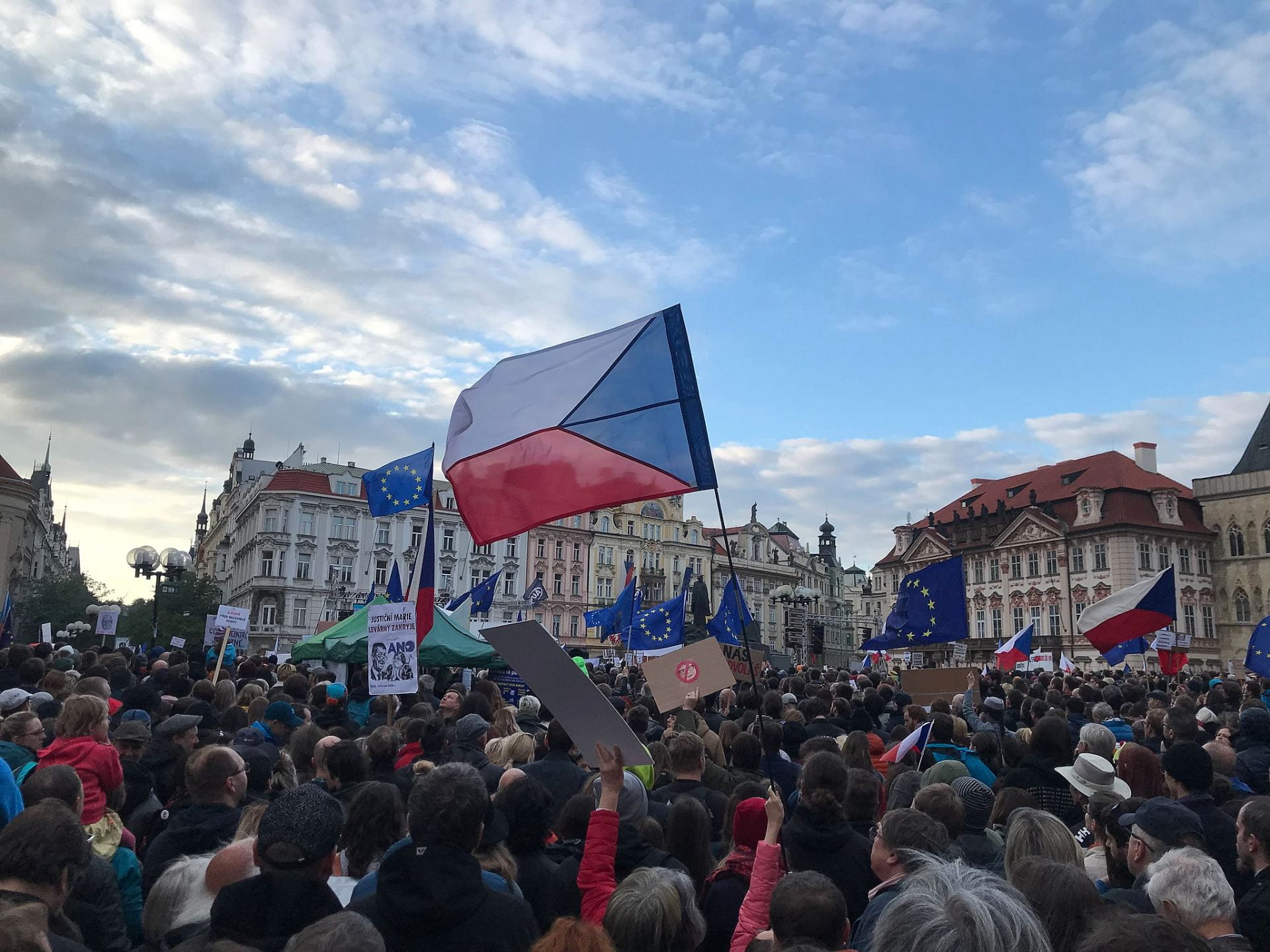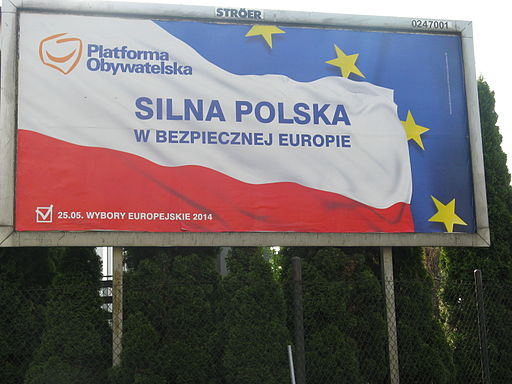Three decades after the fall of communism, Eastern Europe’s democratic development is seen in increasingly gloomy terms. However, we may need to find a more pragmatic, middle way in assessing the region, argues Seán Hanley.
The region termed Central Europe or Central and Eastern Europe – the body of small and medium-sized states between the former USSR and the established democracies of Western Europe – was once seen as the great success story of post-communist democratisation: rapid and peaceful political transition in 1989-90; a quick return to economic growth; flawed but functional liberal democracy; relatively rapid integration into the EU; political elites who seemed, whether out of conviction or pragmatism, willing and able to imitate West European political, economic and ideological models – although these were (and are) diverse, ranging from Nordic style welfare capitalism to British-style deregulation and neo-liberalism.
Since mid-2000s, however, the intellectual climate among both commentators and political scientists the agenda has shifted from one of understanding consolidation, integration and consolidation or remedying the flaws of stable, but weakly performing post-communist democracy to one of deep gloom.
Now, compared to early hopes of the liberal project, the narrative has become a pessimistic one. Of democratic decline or even backsliding toward authoritarianism. The rejection by voters and elites in Central and Eastern Europe of Western European models – and the EU status quo – as too socially and economically political for their traditions and societies. And of constitutional liberalism as constraining the democratic will of the people, or holding back the emergence of a capable modernising state. Economic catch-up with Western Europe, especially in terms of the living standards of poorer, older, less educated, seems a chimera.
Populist critics now decry the locking in of Central and Eastern Europe as, once again, an exploited peripheral Europe (including Mediterranean democracies of Southern Europe and the Balkans) – analogous, but on a much bigger scale to the “left behind” marginalised regions within Western European countries, which have fuelled populist electoral insurgencies.
Given ineffective and cumbersome procedures for enforcing the rule-of-law – in what was supposed to a club of liberal-democratic nations – the EU, as R. Daniel Kelemen has suggested, is becoming a patchwork of regimes encompassing democracies, semi-democracies and downright authoritarian states, hamstrung by North-South and East-West splits.
What is especially jarring is that some of the supposed frontrunners democratisation in the region – Hungary and Poland – are now the vanguard of “democratic backsliding”, conservative counter-revolution and experiments in liberal governance. Some prominent governance indices, such as Freedom House’s ‘Freedom In the World’, now classify Hungary as having slipped below out of the zone of fully liberal democratic ‘Free’ societies. Poland is rapidly heading the same way.
Worse still, some of the treasured mechanisms of building democracy such as civil society development and grassroots activism have turned out work in ways quite opposite to that envisaged in 1990s. In Hungary and Poland, the electoral breakthroughs of the Fidesz and Law and Justice (PiS) parties were prefigured years before through the development of networks of conservative civil organisations and right-wing civic initiative at grassroots level.
Moreover, the main vehicles for illiberalism have not been ‘red-brown’ alliances of ex-communists and fringe nationalists, but parties and politicians with often impeccable roots in the anti-communist opposition, accepted by West European centre-right as mainstream conservative parties and political allies.
That said, there are many varieties of populism and democratic decline, ranging from the conservative electoral revolutions of Hungary and Poland, to the longstanding weak, but oddly stable corrupt democracies of Bulgaria and Romania, to the fragmented and feverish political landscapes of Slovakia and Czechia – and the strange “technocratic populism” of Czechia’s billionaire prime minister Andrej Babiš ,who still unsure if he wants to be the Czech Macron or the Czech Trump.
George Orwell’s dictum that “All revolutions are failures, but they are not the same failure” is, unsurprisingly, often quoted these days in relation to East Europe. We could also paraphrase Tolstoy and say that all unhappy democracies are unhappy in their own way. Or we might remember the historians Joseph Rothchild and Nancy M. Wingfield’s characterisation of the region – made originally after the decline and fall of communism in late 1980s – about Eastern Europe’s “return to diversity”. (more…)
Filed under Czech republic, democracy, Liberalism, political parties, politics, populism, Uncategorized
Tags: Central and Eastern Europe, Colin Crouch, Czech Republic, Czechia, David Runciman, democracy, democratic backsliding, Donald Trump, Eastern Europe, Emile Habibi, Fidesz, Hungary, illiberalism, Ivan Krastev, Jan Kubik, Joseph Rothchild, Law and Justice, Nancy M. Wingfield, Paul Manafort, Philippe Schmitter, Poland, populism, Robert Rohrschneider, Seymour Martin Lipset, Slovakia, Steven Holmes, Viktor Orbán
No Comments »
 Close
Close






